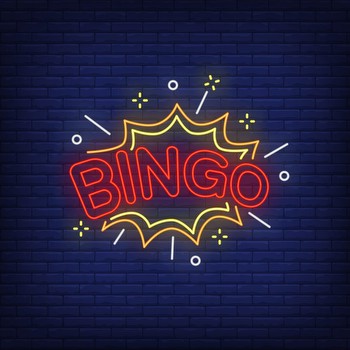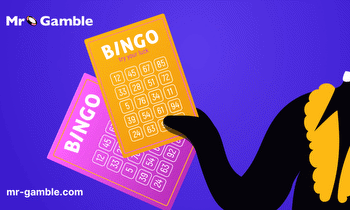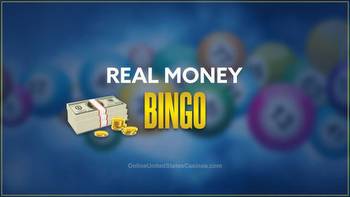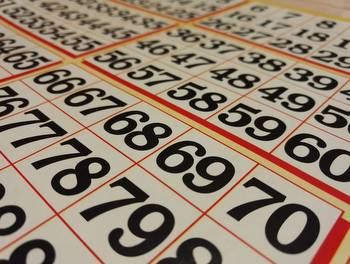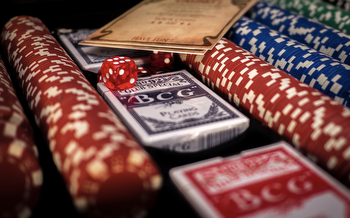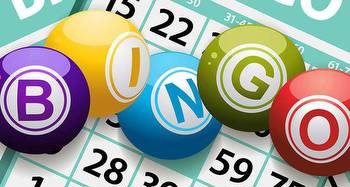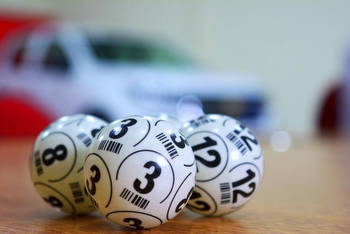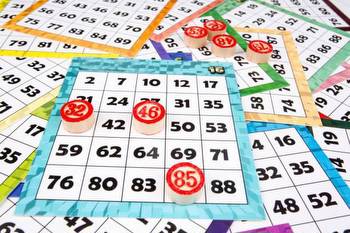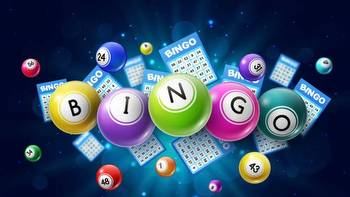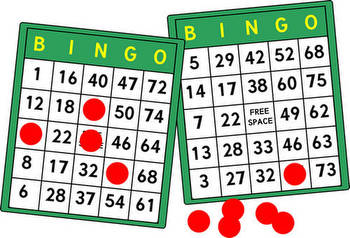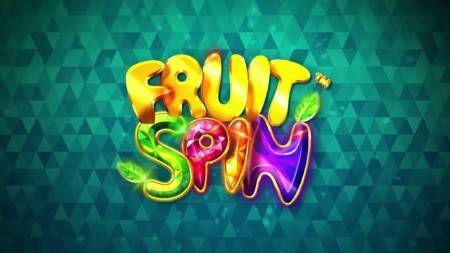The psychology behind why we love playing bingo

Have you ever noticed how hooked people get to bingo once they start playing it? One minute, they are learning the rules. And the next minute, they are reading reviews on bingo sites to figure out where they can play games and win money. The whole process seems seamless and may have you wondering why this is the case. It turns out that psychology has a lot to do with it. Here’s why:
The Psychology Behind Bingo
Bingo has some unique aspects that do not present in other games, hence its ability to draw more players. What are they?
Human beings are different in many ways. Some people are more intelligent; others know how to find loopholes, etc. And that’s why games such as blackjack and poker attract players who understand strategizing to a great extent. People not quick to decipher situations get locked out of these games because they keep missing out on winning chances.
But bingo is unlike such games. It features random number generation, so players cannot predict the winning combination. As a result, everyone has the chance to walk away with the jackpot. It does not matter if you’ve been playing the game for ten years or two days. You have an equal opportunity to win.
And in a world where equity is rare, this aspect draws people to the game. After all, everyone is equal, making people feel welcome regardless of any other factor.
There are reasons people enjoy living on the edge. It makes them feel alive. That’s why people zip-line through forests, go bungee jumping, take up sky diving classes, or kite surf over the ocean. These fun activities release adrenaline into their systems, making them feel confident, strong, and energetic. And bingo has a similar effect!
How is that the case? Given the random number generation in play, everyone can win the game. So, each time you mark your card, you do so knowing that your numbers could bag the prize. And the thought in itself already gets your heart pumping. Then the caller starts picking the winning numbers, and the tension in the room increases. You either inch closer or further from the win one number after the other. You can feel the pressure mounting on the players. And some people play the game to feel this adrenaline rush. It reminds them of their vitality and makes them feel better, even if they do not win the prize.
It's the same reason some people love coffee. The caffeine kicks in, sends their adrenaline levels into overdrive, and makes them feel like they are having a great start to the day.
If you look at the history of bingo, you see that people first embraced it for the community it created. Back in the 20th century, people were still rebuilding their lives, having suffered the devastating effects of the wars. So, meeting other people and sharing their highs and lows was a welcome idea. And so, bingo became an event that people looked forward to attending.
Even when the game went online, this social aspect did not disappear. Online sites now have several resources where players can interact. These include:
- Chat Rooms: These spaces are live and allow players to talk to each other in real-time. Some sites allow players to mute and unmute the chats as they wish. So, if you want a quiet game, you can enjoy one. And if you want to meet other people, you can do that as well.
- Social Media Pages: In a digital world, staying connected has become much easier. Many bingo sites offer social media forums where players can stay updated on game developments. Plus, they can meet other players and forge strong connections.
And most sites have community forums where players can learn from each other. This socializing helps players combat feelings of anxiety and loneliness. And when people feel accepted, they are more likely to keep playing the game.
Bingo is more than a game – it is a wholesome lifestyle.
This article was written in cooperation with PLTD









